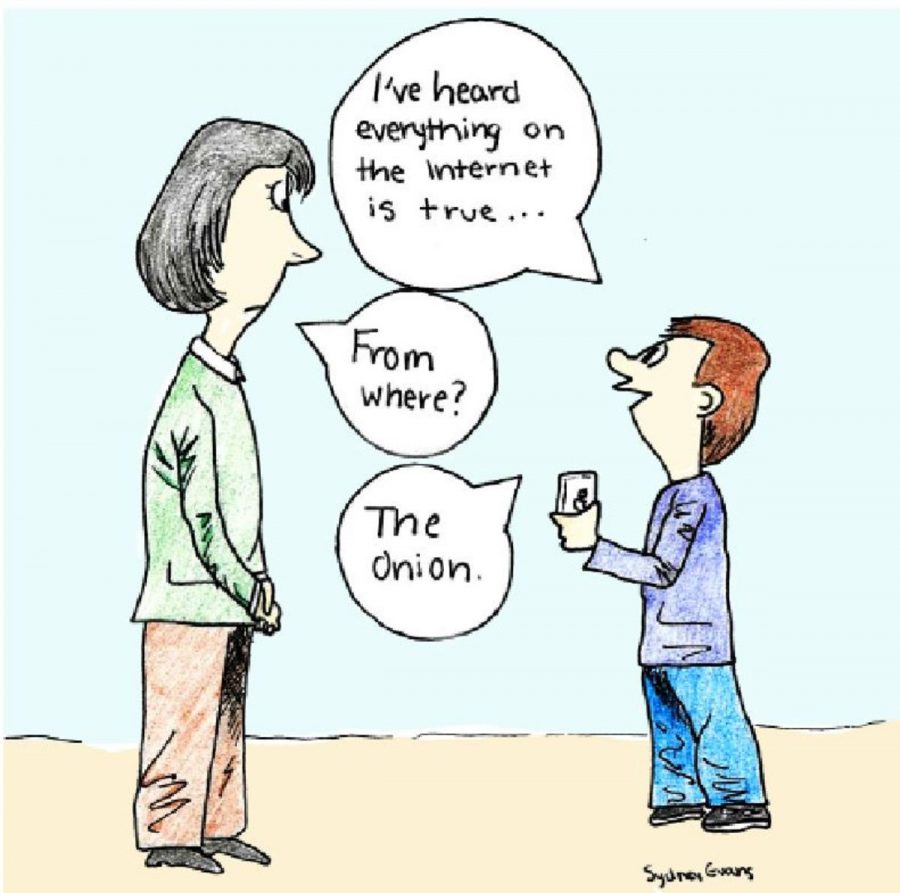January 2017 Staff Editorial: The importance of being truthful in media
FAKE. The Onion is a classic example of a fake news website, although it is purposefully satiric. Fake news is meant to look like real news but actually contains untrue information. This was a major issue throughout the 2016 election, with even President Donald Trump citing certain articles as fake. It has become polarizing among social media platforms.
In America, freedom of the press is a fundamental right. There is a reason that it is in the First Amendment of our Constitution. It allows citizens and voters to have access to all of the facts, instead of just the ones that people in power use to support their arguments. However, this freedom is not to be taken lightly.
The purpose of this freedom is to inform the public. Yet, the purpose of fake news is to misinform. We, as a society, need to address this threat with the levity it deserves.
We choose to put power in the hands of the public. Thus, the public chooses the government, leaders, and society that we all have to live with. All of these choices depend on receiving accurate and meaningful information.
The media has the power to swing elections and public opinion. Fake news has that same power. If the public has the wrong information, how can it still be trusted to make the right decisions on key issues?
No matter where you stand on an issue, the facts ought to be constant. There should not be alternative versions. Reality is not partisan.
Interpretation of the truth only becomes wrong when you begin to make up your own set of facts.
For the sake of our democracy, we need to leave our respective bubbles and examine all the information. We need to realize that we cannot cherry pick ideas that only add to our own. We need to embrace the truth, and fight for it.
Your donation will support the student journalists of Sycamore High School. Your contribution will allow us to purchase equipment and cover our annual website hosting costs.





